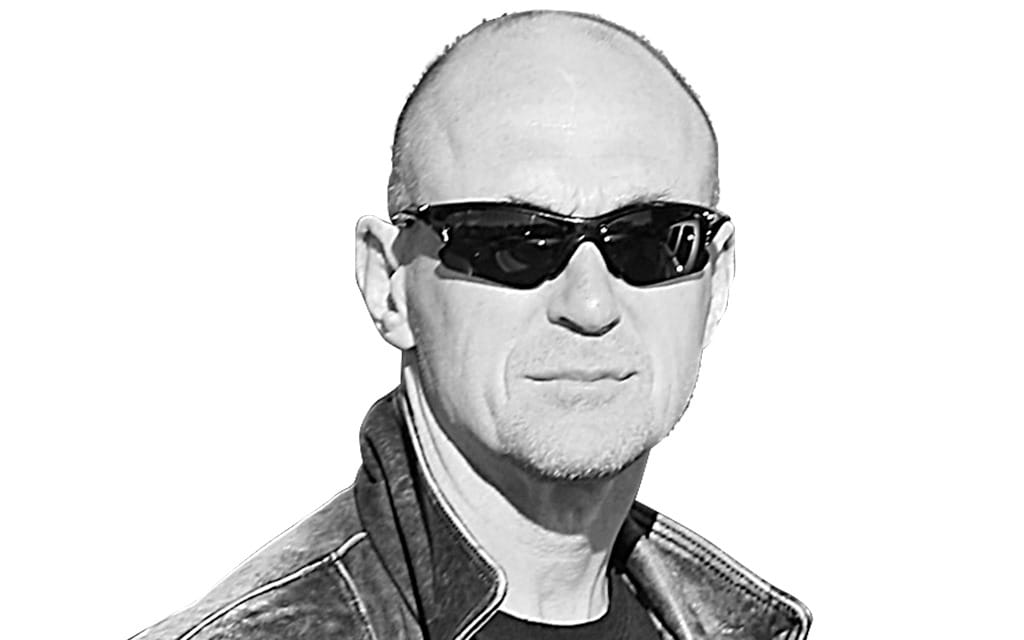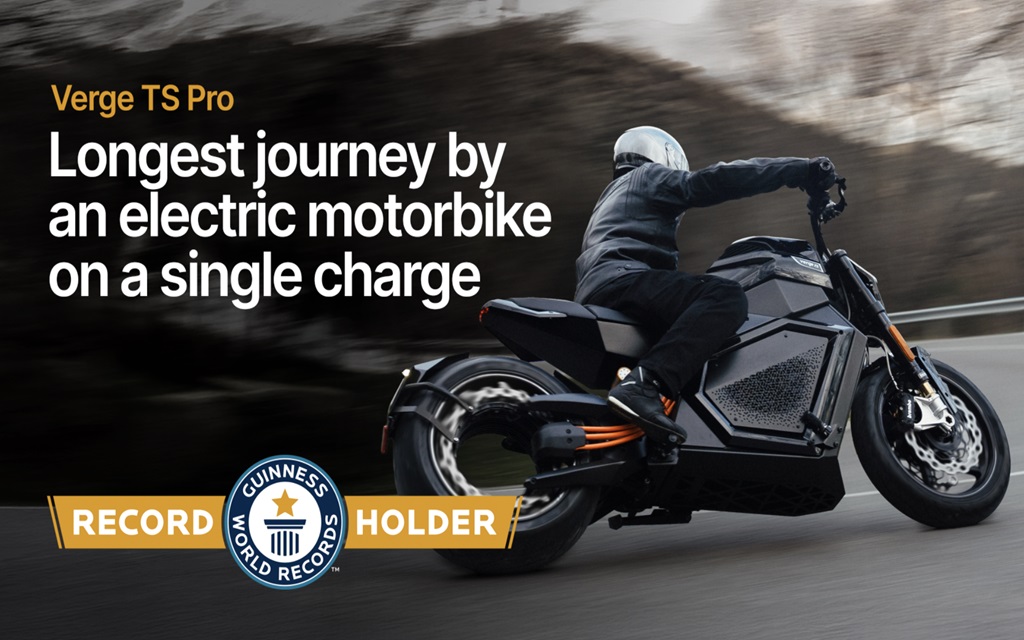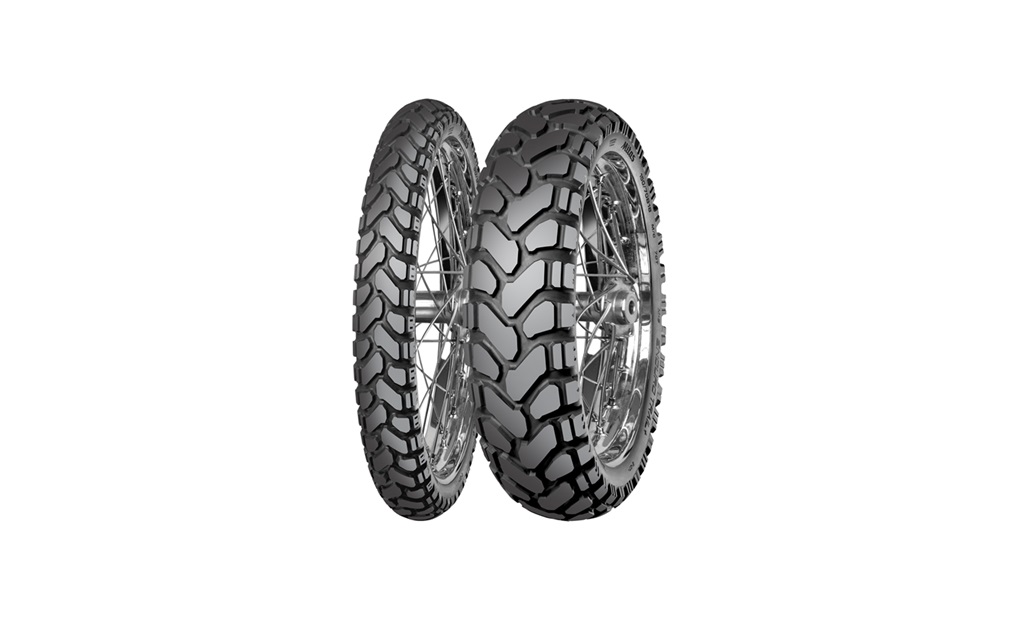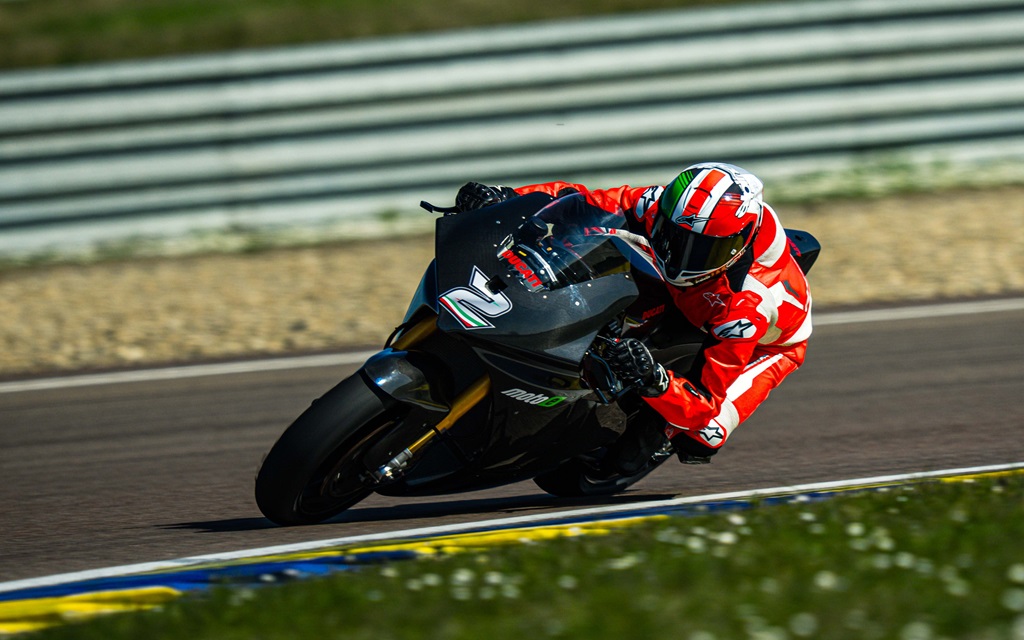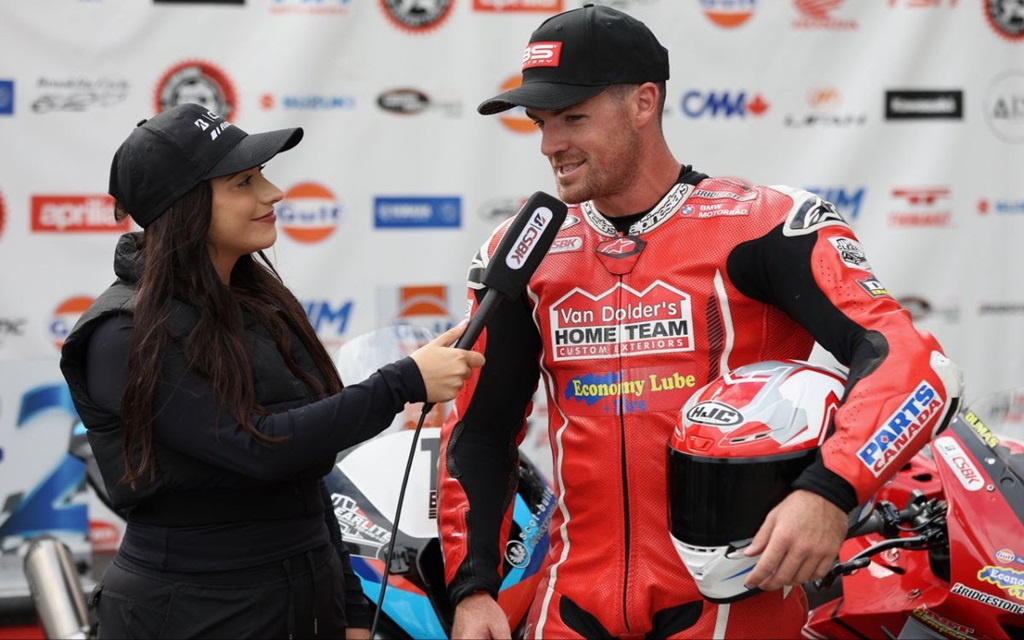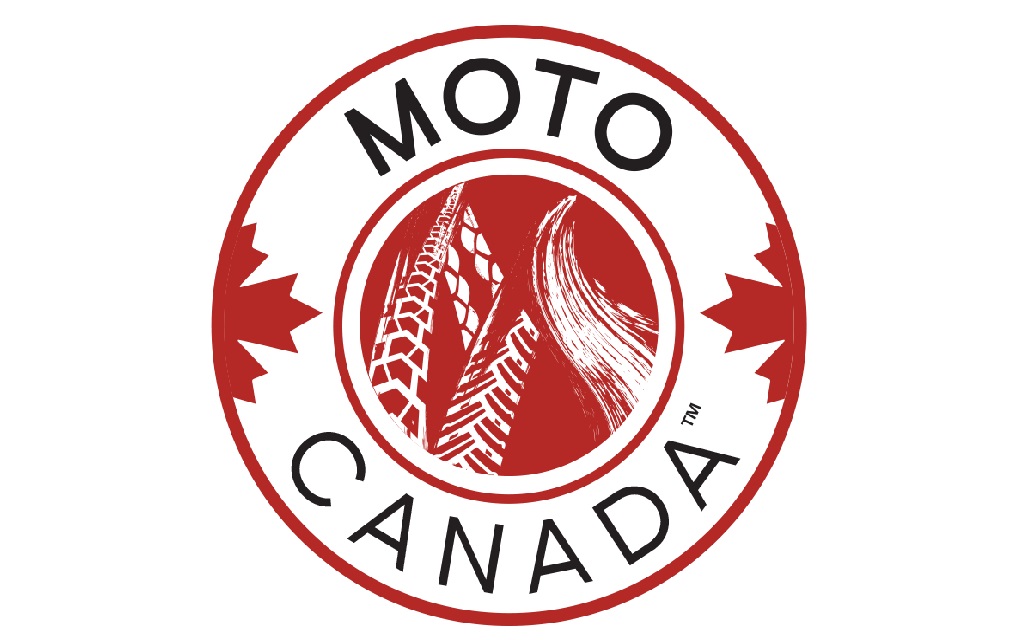Canadian road racing is making a comeback. Having hit rock bottom four or five years ago with poor attendance, little mainstream television coverage and precious little support from motorcycle manufacturers, the Canadian Superbike Championship (CSBK) looked like it might fade to irrelevance.
Thanks to the return of series organizer Colin Fraser (and a rebound in the Canadian economy) CSBK racing is once again back on TV (TSN will broadcast all seven races); attendance, according to Fraser, is on the rise and the grid for 2017’s opening race at Shannonville Motorsport Park promises to be the largest in years. Canadian motorcycle road racing is off life support.
You’ll notice I didn’t say thriving. The plain truth is that motorcycle road racing, at least here in Canada, is not as popular as it once was. Gone are the days when the battles between Goodfellow, Mercier and MacMillan were front-page news. We simply don’t pay as much attention to our domestic racing series as we once did.
Nor is this only a Canadian problem. South of the border, motorcycle racing almost collapsed, before being rescued by MotoAmerica. And the Daytona 200, once the most anticipated motorcycle race in the world, is now but a glorified club race, ignored not just by race fans but the media as well.
And what is the difference between a vibrant local series and having 200 spectators — mostly relatives of those riding — in the stands? Well, the traditional list of reasons for road racing’s diminished popularity — poor management, the hubris of organizers, complacency by motorcycle manufacturers — is long, but there’s one more I’d like to add to the mix: Successful local road racing is very much encouraged by having at least one national participant on the world stage.
Consider the countries where racing is currently thriving. Virtually all of them have fed stars to one international series or another. Britain’s BSB remains relevant because it feeds riders to World Superbike. The Spanish CEV series has always been a hotbed of MotoGP development. More recently, the promotion of Thai and Malaysian racers to Moto2 and Moto3 has seen a huge boon in local interest. There is more than a little evidence that interest in local motorcycle racing can’t flourish without the high-profile television, social media and traditional newspaper coverage that comes from having a local star competing on the international stage.
Our lack of international stars is not the result of a dearth of talent. The Duhamels, Pascal Picotte and Steve Crevier all proved Canadian road racers can thrive amongst the best in the world. Jordan Szoke continues to prove it.
And that’s just your ordinary racing stars. Canada has even had a few of the Marc Marquez superstar talents that can change racing. I remember, as if it was yesterday, attending my first big league motorcycle race at Mosport in 1987 and wondering what Art Robbins on his Rothmans-liveried Honda knew about traction and lean angle that the other boys didn’t.
Nor has Art the Dart been our only prodigy. More recently, we’ve seen that same unearthly skill in Saskatchewan’s Brett McCormick. McCormick even got a chance at the big league.
And he delivered. Much to the chagrin of the Alpha racing team tasked with accommodating his initiation to racing on the continent, McCormick consistently beat his teammate in European Superstock. Later, in his last race in WSBK, he battled head-to-head with Jonathan Rea at Portimao for fifth place and came out on top. Yes, the same Jonathan Rea who is currently dominating World Superbike.
What McCormick lacked was money, the funds that would keep him in Europe long enough to convince the oft-skeptical managers who run motorcycle racing that this lanky Canadian was the real deal. Fraser, who accompanied McCormick on some of his foreign exploits, estimates it would have taken about $100,000 to set up Saskatoon’s finest for future European — and possibly World — success.
You and I that might see that as a lot of moolah, but it’s coffee money in the world of big-buck racing. More importantly, it’s a necessary evil for even the greatest of talents. As long-time racing analyst Manuel Pecino recently pointed out, the Marc Marquez and Maverick Vinales rivalry currently heating up MotoGP is nothing new; they’ve been bitter rivals since they were toddlers. But their trajectory to MotoGP has been markedly different. Marquez signed up with super manager Emilio Alzamora. Vinales, despite equal talent, was not so lucky. The difference in career paths, says Pecino, “created polar opposite situations with Marquez debuting in MotoGP in 2013 on the most powerful team in the paddock — HRC’s Repsol Honda — while Maverick was still just a challenger in the Moto3 championship.”
Indeed, the history of even motorcycling’s greatest racers is often dependent on financial commitment. Casey Stoner’s family gave up almost everything to move to England to fulfill his MotoGP dream. Five-time world supersport champion Keenan Sofuoglu’s family had to organize Turkey’s first national racing series because there was nowhere for the budding star to show his talent.
There is no racing without money, no road for talent to shine without sponsorship. So what, then, can we do to fix the sorry state of Canadian racing? Is a rich “angel” investor the only solution? Would a GoFundMe program raise enough cash to send our next star to Europe? Does some superfan — you can count me among those — need to win the lottery?
The lack of Canadians racing abroad has never been for lack of talent. And with the rumoured return of McCormick to the Mopar CSBK series as well as gifted up and comers like Tomas Casas, Bodhi Edie and Mitch Card, it still isn’t.
